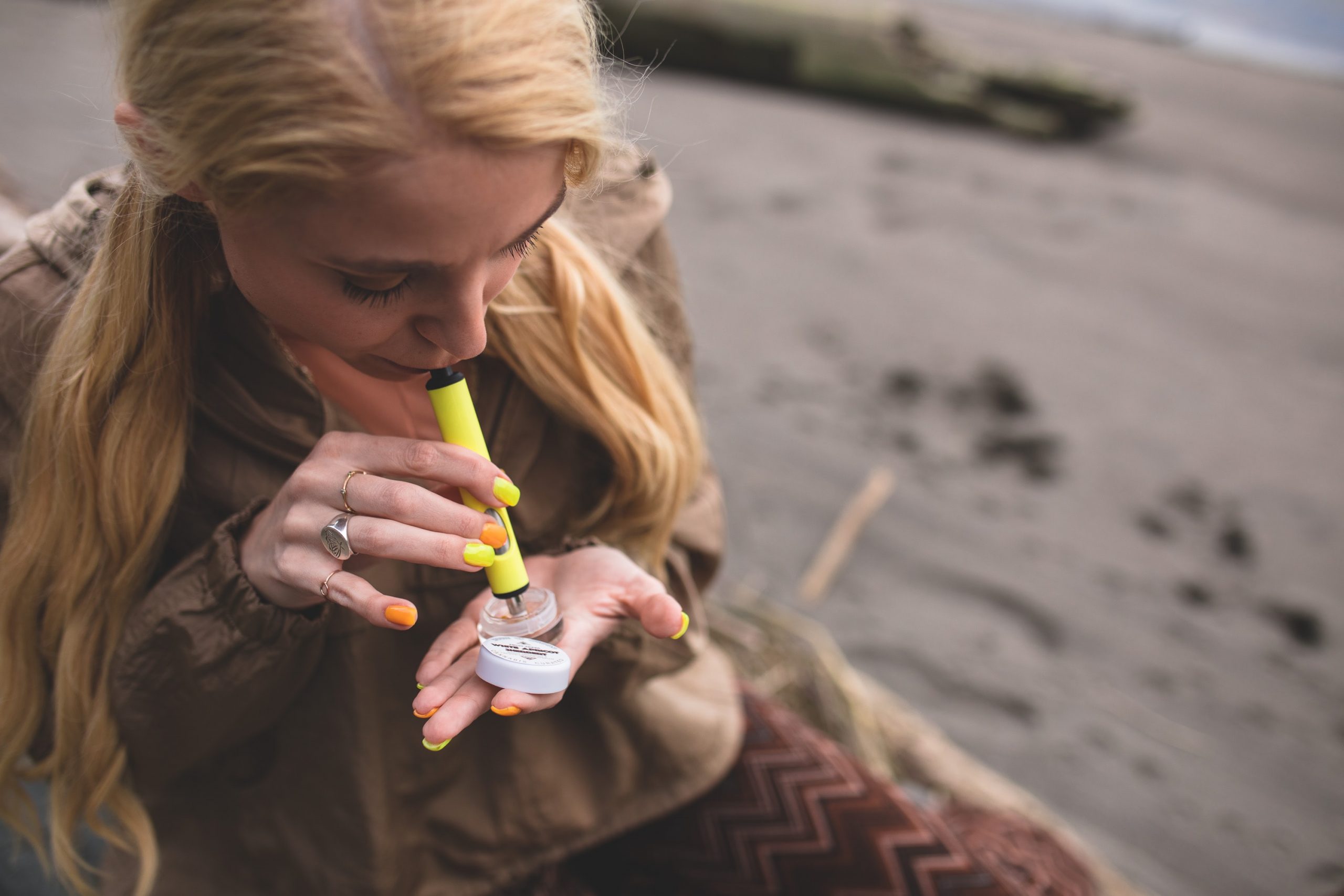The European Court of Justice backs the appeal of a Russian national hoping to stay in the Netherlands for cannabis treatment unavailable in his home country
In an EU-wide ruling that is bound to have a ripple effect on both cannabis legalization as well as immigration for the purposes of medical cannabis treatment, the European Court of Justice, the highest court in the EU, has ruled that a Russian now resident in Holland should be granted indefinite leave to stay to continue his treatment, which is unavailable in his home country.
The EU court overruled the decision of a Dutch court which rejected the man’s asylum requests. In the ruling, the court wrote that would be contrary to human dignity to expose the man to physical pain.
The court was also reacting to a question from the Dutch court which sought guidance on the matter. The local court must make the final decision, but the advice from the Luxembourg-based court is a critical factor in this decision.
Russia has not moved forward on cannabis reform and its lack of progress has stoked international attention to the same after US WNBA star Brittney Griner was convicted this August for bring trace amounts of high THC cannabis oil with her to the country.
The Russian plaintiff has a rare blood cancer and receives treatment for the same which includes cannabis in Holland. After he lost his last asylum case, he demanded that the Dutch court allow him leave to stay in the country to continue this treatment as it was deemed essential.
What Does This Bode for European Cannabis Reform?
The case is interesting for a number of reasons, starting with juxtaposition of the same against the transfer of Griner to a Gulag to serve her nine year sentence
It also, by default, a kind of precedent case in the EU, which establishes, firmly, the medical efficacy of cannabis.
That said, this is not the burning issue. Most EU countries at this point, including both Spain and France have entered the fold of medical use.
However, the bigger issue here is that the EU appears to think that denial of cannabis treatment by a doctor is human rights issue. And this may in turn have an impact on patient applications in places like Germany, where the insurers are getting ever more stringent about the whole affair.
This could take an even more interesting turn post recreational legalization in Germany, should that occur next year. Namely, if cannabis is taken out of the Narcotics Act, then denial of medical treatment becomes even less excusable on the part of the country’s insurers.
In the Dutch case this was not an issue. Holland does not have medical coverage of cannabis. Dutch insurers stopped the practice in 2017, literally months before the German government began the same. This means that the man in question had the ability to pay for his medicine.
The question of medication denial in the face of inability to pay is still a very big bugaboo in the room.
This case, however, may create a legal precedent which can be argued in EU countries – or even at the EU level – that denial of a doctor-prescribed medicine for any reason is inhumane.
Patients Still Falling Through Cracks
On the ground in Germany, things are essentially in a grey area if not standstill when it comes to the question of expanding patient coverage. Many in the industry, starting with pharmacies, are realizing that the only growth market over the next several years is in fact the privately insured.
This combined with the mandatory reduction of pharmacy’s markups for domestically grown cannabis, means that there will be an explosion of diversity within the medical flower market for those with the ability to pay right as recreational reform hopefully becomes law in multiple European countries now on Germany’s heels (see Luxembourg, Malta, the Czech Republic and probably Portugal as well).
The intersection of these two markets will also certainly be interesting to watch, particularly as there will be little to disincentivize those who import medical cannabis from allowing it to enter the recreational market, even if they resell their stock to a non-medical distributor.
There will be very few ways to prosecute as the plant will, after legalization, not be a narcotic. It may well be that the new legalization legislation invokes other penalties or language, but at present, there are still a lot of loopholes in what has been proposed so far.
This is also the case when patients are caught with more than the allowed plant count, particularly if they are not selling it but only using it for their own treatment.
That said, German courts so far have proved to be highly inflexible on EU rules when it comes to cannabis. See the recent banning of the sale of low THC cannabis flower on a federal level, even at levels of 0.2% THC or lower.
For this very reason, this case decision is an interesting one, with potential to do much good as a precedent downstream. In the short term, however, it is nothing more than a reminder that medical cannabis reform is no longer a dream, and recreational cannabis is an ever-closer reality.







